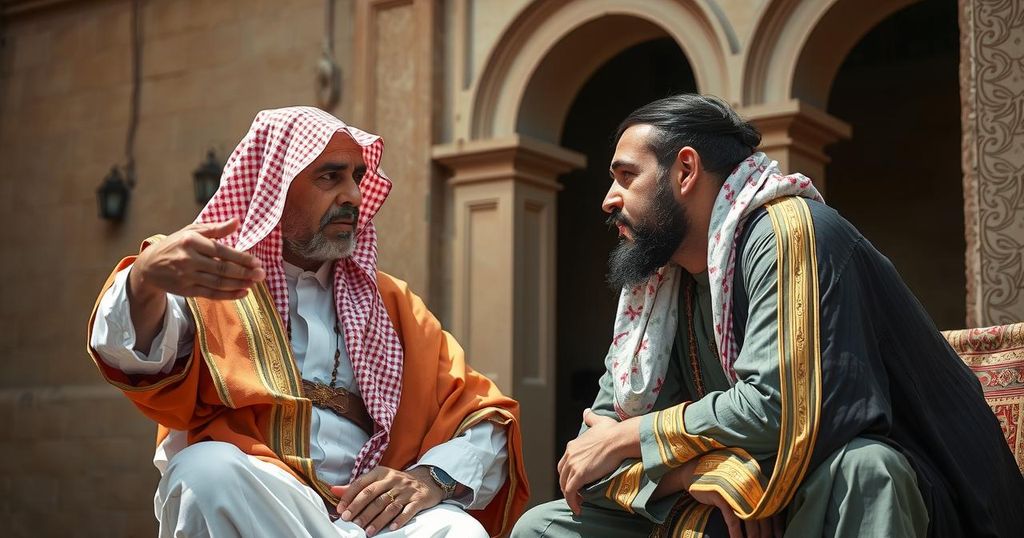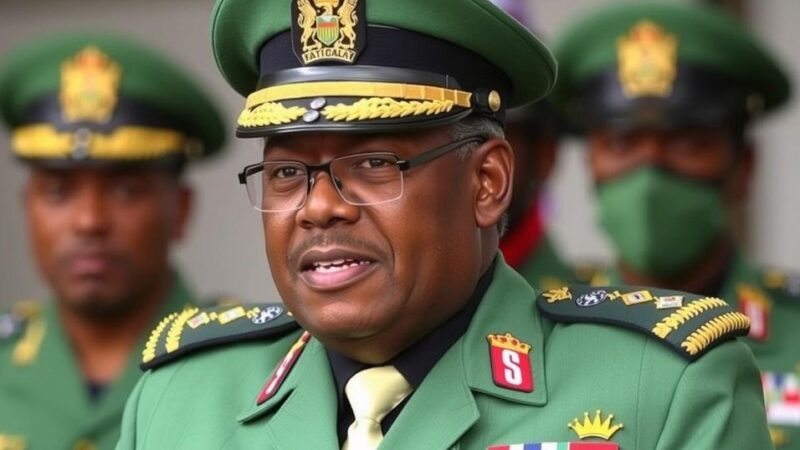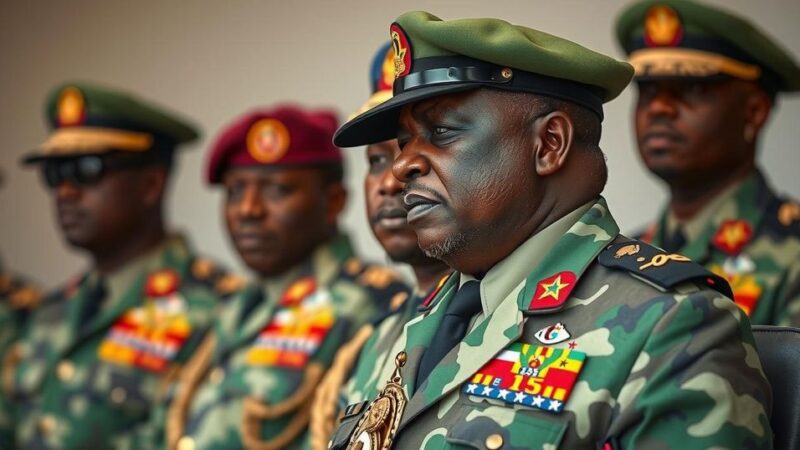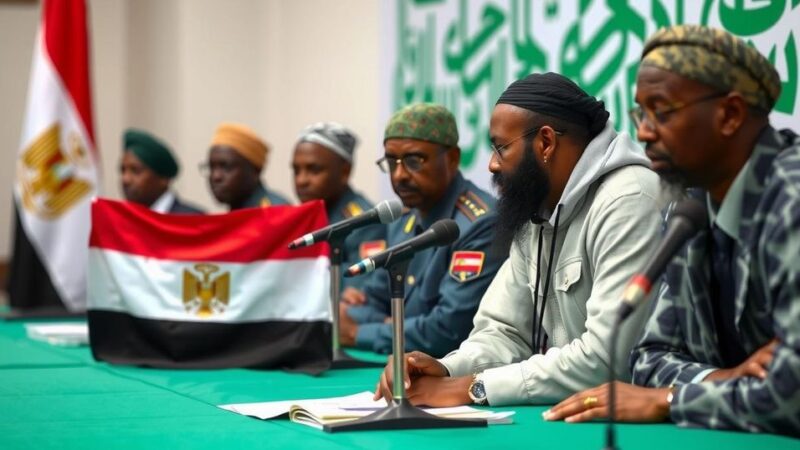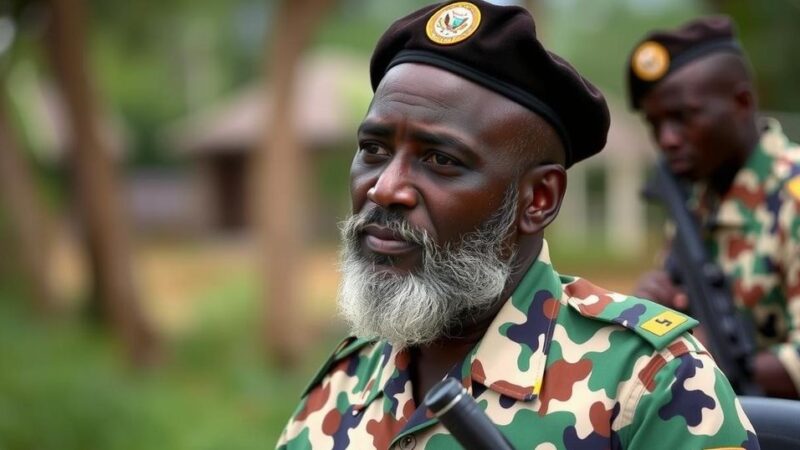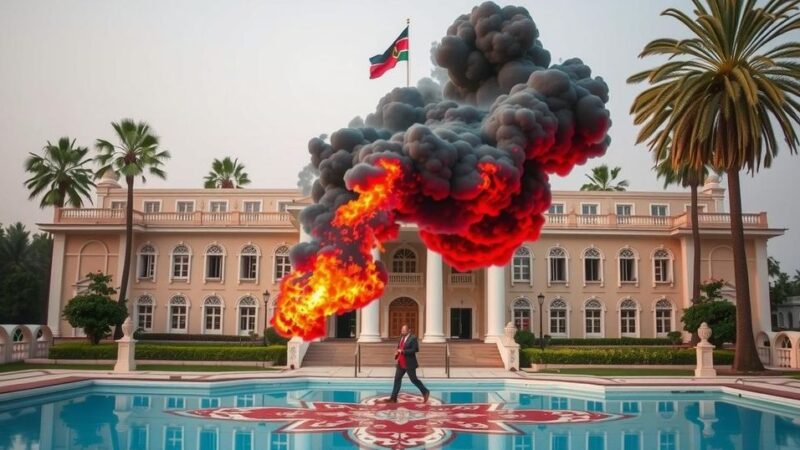In Cairo, Bangladesh’s Chief Adviser Muhammad Yunus and Pakistan’s Prime Minister Shehbaz Sharif discussed resolving outstanding issues from the 1971 conflict to enhance future relations, promote trade, and revitalize SAARC. Their meeting underscored a commitment to move forward collaboratively for the benefit of future generations.
During a recent meeting in Cairo on December 20, 2024, Bangladesh Chief Adviser Muhammad Yunus and Pakistan Prime Minister Shehbaz Sharif discussed critical historical issues stemming from the 1971 conflict, emphasizing the necessity to resolve them to foster future relations between their nations. The leaders convened on the periphery of the D-8 Summit, further deliberating on enhancing trade and strategic cooperation, as well as revitalizing the South Asian Association for Regional Cooperation (SAARC).
Mr. Yunus expressed that settling the grievances of 1971 is paramount for progressing toward a positive relationship with Pakistan, stating, “The issues have kept coming again and again. Let’s settle those issues for us to move forward.” In response, Mr. Sharif acknowledged the 1974 tripartite agreement between Bangladesh, Pakistan, and India, which he believes addressed many concerns but indicated his willingness to engage with any unresolved matters.
In addition to addressing historical issues, both leaders highlighted the importance of increasing bilateral trade, cultural exchanges, and sports collaboration. Mr. Sharif invited Mr. Yunus to consider the organization of a SAARC summit, seeking to strengthen the ties that bind their nations. The Pakistani Prime Minister also remarked on the recent facilitation of trade routes and air travel between the two countries, indicating a positive shift in diplomatic relations.
The historical context concerning Bangladesh and Pakistan primarily revolves around the 1971 Liberation War, during which Bangladesh fought for independence from Pakistan. The aftermath of this war created lasting tensions exemplified by unresolved agreements and grievances that continue to influence diplomatic relations to this day. The tripartite agreement signed in 1974 aimed to settle major post-war disputes, but outstanding issues have persisted, affecting how the countries interact and their ability to form meaningful partnerships. Recent discussions between leaders indicate a desire to overcome past grievances and enhance cooperation across economic and cultural realms.
The meeting between Chief Adviser Muhammad Yunus and Prime Minister Shehbaz Sharif signifies a proactive approach towards reconciling the historical conflicts stemming from the 1971 war. Both leaders have acknowledged the importance of settling outstanding issues to advance a cooperative relationship for future generations. The emphasis on trade, cultural exchanges, and the revival of regional cooperation through SAARC may pave the way for strengthened bilateral ties between Bangladesh and Pakistan as they seek to foster a more collaborative future.
Original Source: www.thehindu.com

